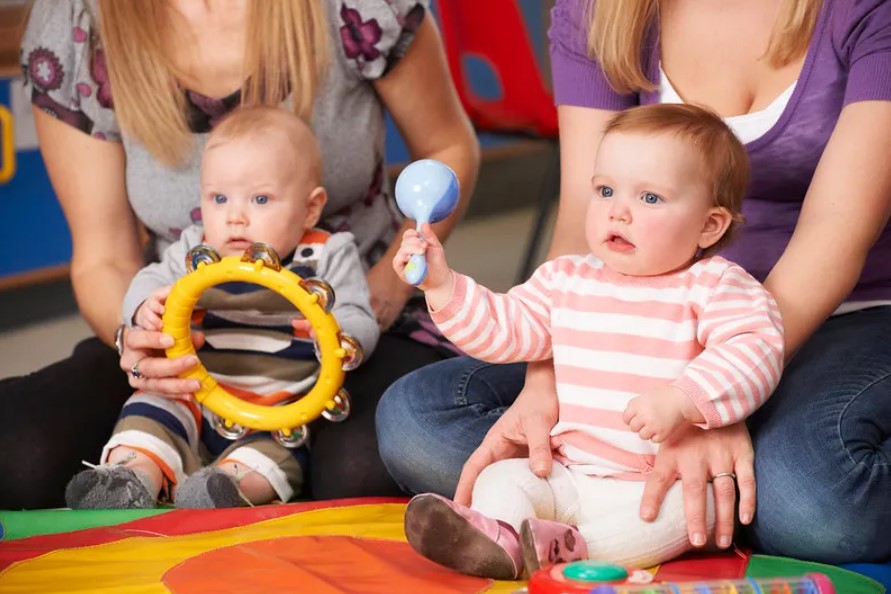
One of the most crucial components of a child’s existence is play. Why? Children learn to think imaginatively and connect socially through games like peekaboo, patty-cake, and playing home. They grow physically, find a variety of emotional skills, and learn how to perceive the environment through play. In a nutshell, play is essential for your child’s growth. You can book now toddler activity classes in London for your child.
- The advantages of playing
While the benefits of play are numerous – it aids children’s cognitive, physical, social, and emotional development – it is more than just fun and games. Children can imitate what they see and practice skills while playing. It allows kids to express themselves via creativity and exploration, and it teaches them how to interact and communicate with others.
- Creative mind
Play is beneficial to a child’s growth and critical thinking abilities. It helps children learn cause and consequence by reinforcing memory. “Through play, young children learn how things fit together. It allows kids to engage their senses and stimulates inquiry and curiosity, which are essential abilities for intellectual growth and cognitive processing.”
- Physical advantages
Play improves children physically in various ways, including the development of fine and gross motor abilities. “Play promotes motor development by encouraging movement [and] spatial relations understanding, increasing motor planning skills, and supporting balance and dexterity.
Play is also beneficial to children’s social development since it teaches them how to interact with others. Children learn social expectations and rules through play, and it also allows them to share their thoughts and ideas, listen, and compromise.
- Emotional advantages
Furthermore, play assists children in comprehending and processing their emotions. Through play, children process their emotions and new concepts. When a youngster, for example, loses a game, they learn to cope with loss, rage, and grief. Playing also helps them develop their identity and self-esteem by boosting their confidence.
Your child’s play possibilities expand as they grow older. Brightly colored things appeal to toddlers, such as age-appropriate balls, cars, and blocks. Puzzles and modest artistic supplies are fantastic choices and pretend play is ideal for youngsters of this age. Encourage children to engage in pretend space using dolls, blocks, everyday household objects, or dressing up.
Final Thoughts
Play helps youngsters develop into strong, healthy, and self-reliant adults. It also aids their emotional development and reduces stress. On the other hand, a lack of play might have detrimental and long-term consequences. Studies suggest that when children do not have the opportunity to play outside in nature, they are at a higher risk for attention and behavior problems.
Toddlers love using their senses to discover the world around them. Sensory play, which engages a child’s senses, improves cognitive skills and determines how your child learns about the world. You may be tempted to cut this form of play short since it sounds (and maybe!) messy. Sensory play, or play that stimulates a child’s senses, is crucial for a child’s health and development.
Your youngster develops cognitive capabilities and learns about the world due to it. Play is essential to youngsters. The advantages of playing cannot be emphasized. So get out there and run, sing, and dance with your kids. Play games with your children and have a good time.





